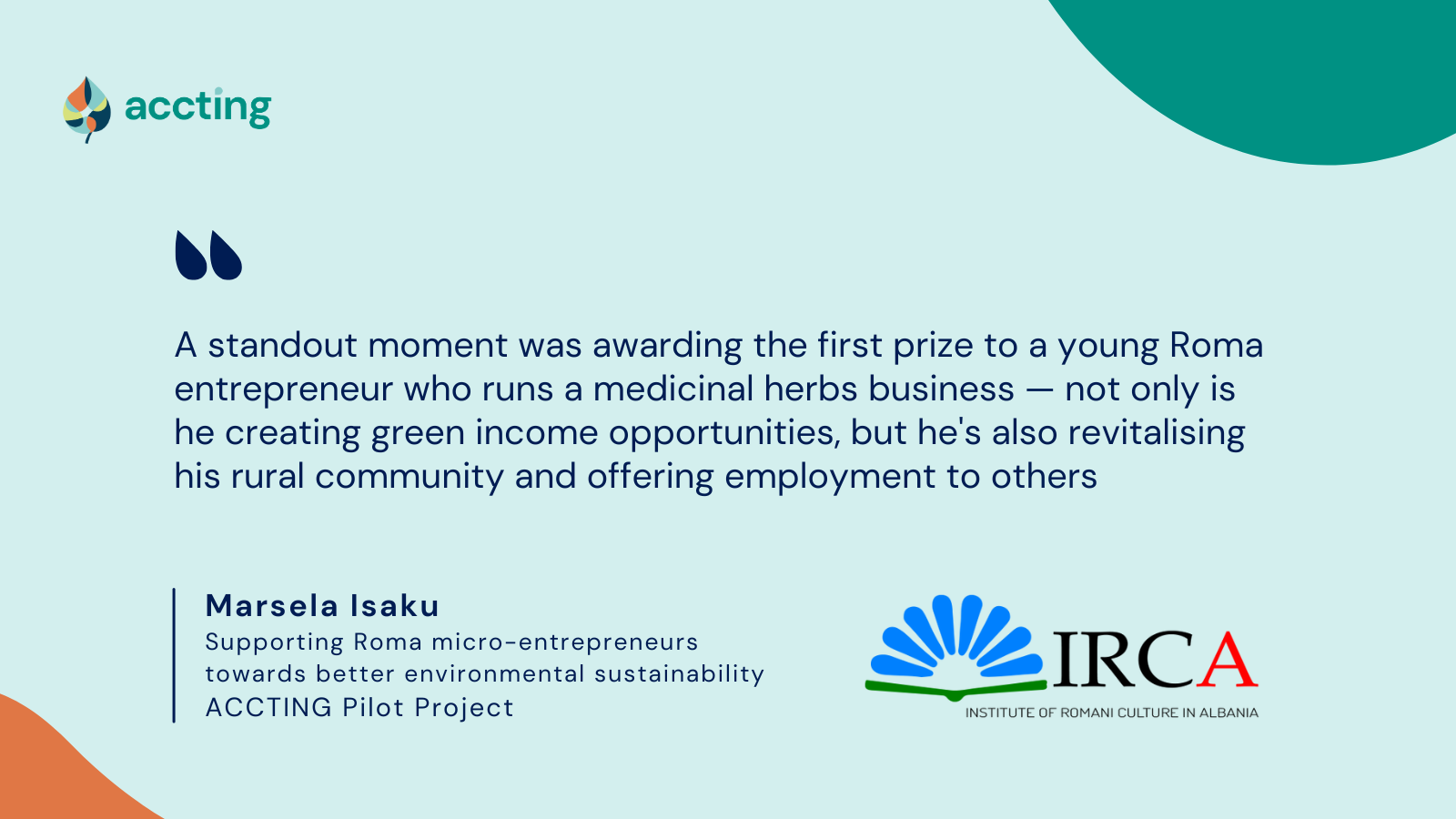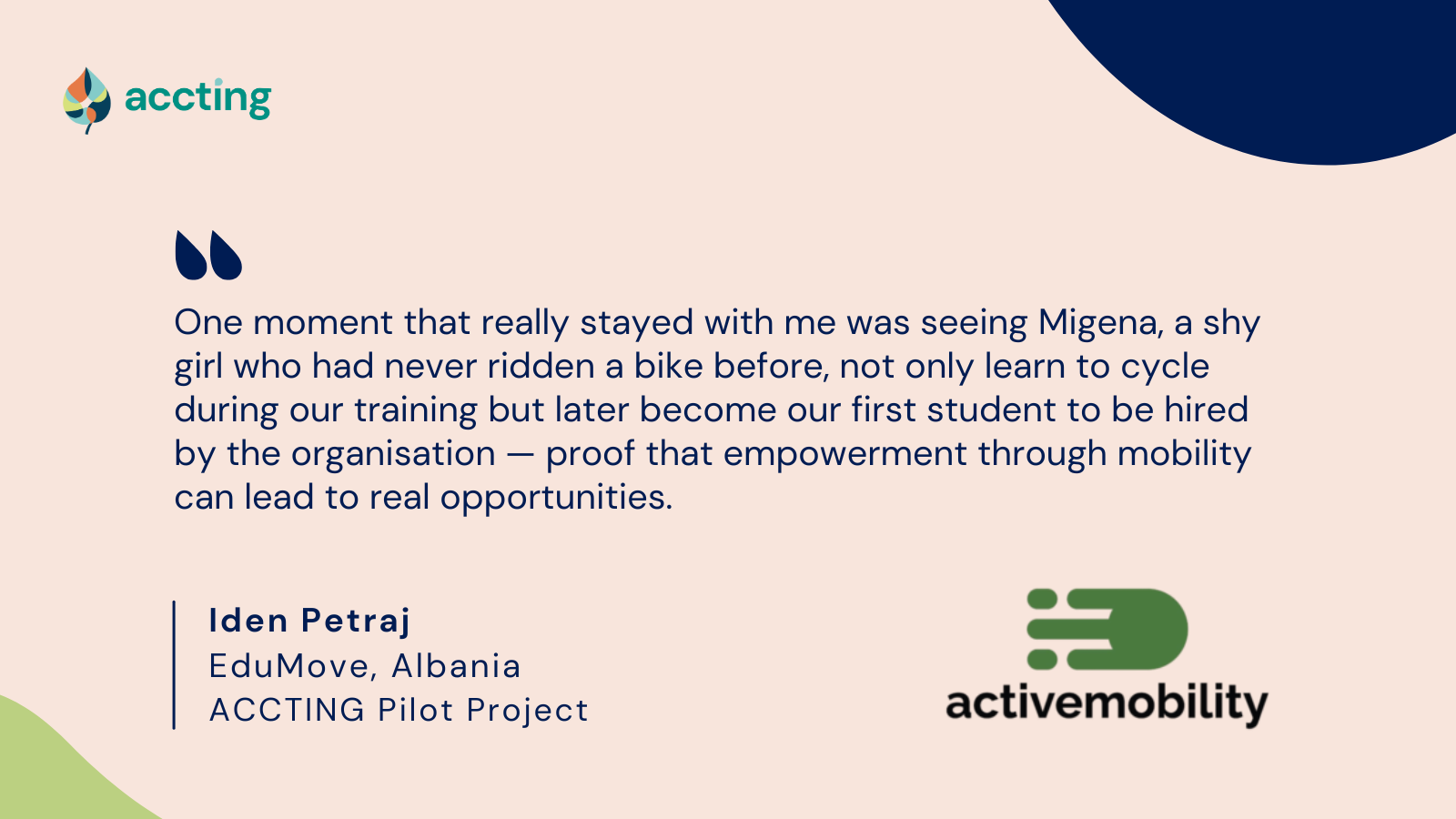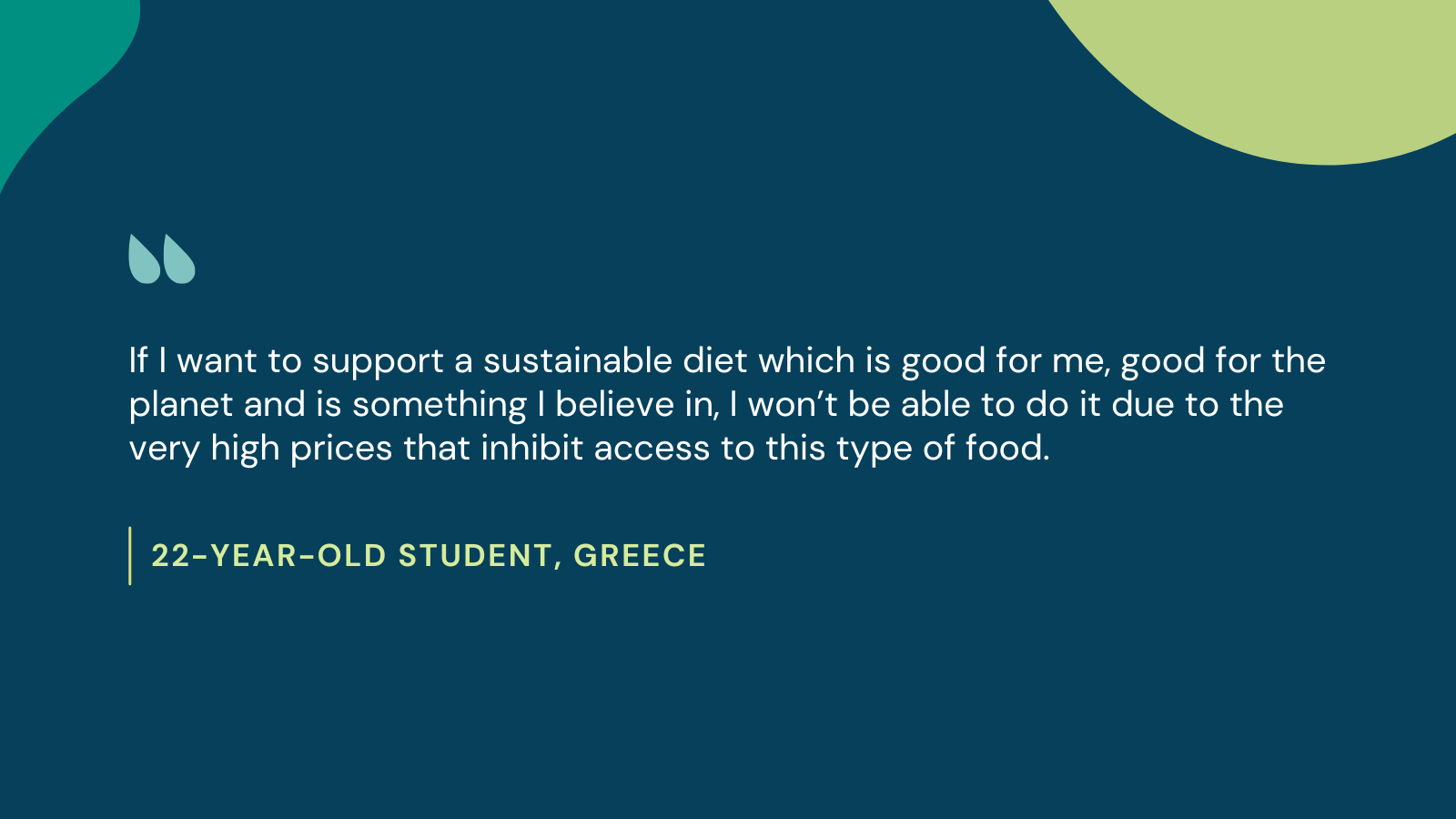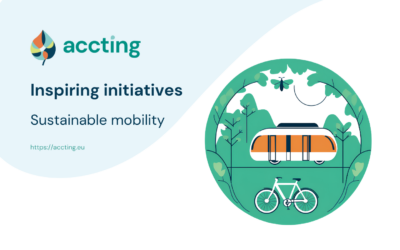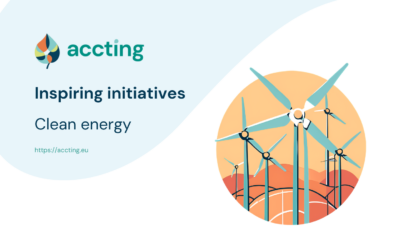The impact of climate change and the capacity to mitigate its negative impacts are unevenly distributed across and within societies; it is the poorer, marginalised and vulnerable groups who are the most acutely affected. ACCTING has collected 358 narratives via individual interviews in 13 European countries to capture some of the experiences of those vulnerable groups. These narratives on inequalities in enablers and hindrances for advancing behavioural change span eight thematic research lines – each addressing an EU Green Deal policy area. Read our dataset including all 358 narratives collected.
Harold, 59, on eating patterns and sustainability
“My name is Harold and I am a 59-year-old man. I have three children with my ex-wife, who have all left the house, and I live on my own. I frequently stay with my partner though (or vice versa). I am on burnout leave and get an allowance from my health insurance fund, which is enough to cover what I need.
“I was given a food pattern in my youth by my parents raising me, and that food pattern recurs regularly”
I grew up with a food consumption pattern during my childhood that I still largely adhere to out of habit nowadays: typical Flemish farmers’ meals, which include seasonal vegetables, meat or fish, and a lot of potatoes. Because potatoes can increase your weight a lot, I’ve started substituting some alternatives in the past few years like rice or tabbouleh. My choices for vegetables vary according to the season, as their supply is bigger in stores when they are in season, and I only sporadically pick up something more exotic. I’m not a big fruit eater, though, just strawberries and tangerines. I think it’s also important that food is locally produced, so I do look out for that. It surprises me that there is actually a relatively limited supply of local vegetables in stores, unless we’re talking about ‘forgotten’ vegetables like turnips and parsnips. Belgian products that are usually available include cabbage, beans and Belgian endives, but that’s about it. If you look closely at packaged vegetables that you would think are typical winter vegetables for Belgium, they are actually from abroad: green beans come from Ethiopia, or recently I had a little package of vegetables from Morocco. I don’t have a problem with that in principle: I think the quality of harvesting is probably the same, but they do have to go over long distances to come here. More and more in supermarkets lately (though still limited), they do put little Belgian flags on products that were locally produced, like carrots. I think that’s more for advertising purposes by big agro-companies so that they can sell more than for sustainability purposes. But if they would guide me, the customer, more towards those kinds of products, I would buy more locally.
I go to local markets too, but I think they can be misleading. Given that there is no packaging, you’d think that it is from around here, but the wholesalers where people with market stalls go for their products are also importing a lot of their products. I think the barrier to entry for farmer’s markets around here is a bit too high. They only have very specific times that their stalls are present each week and you often have to order online in advance. I am averse to doing anything online or on the computer, so that doesn’t work for me. The only place where you can really be sure is the bio-stores, but they are a bit more expensive of course. I know of one that is run as a cooperative that works together with farmers just outside the city. I went there for a while, but I can’t do that on my current income. You notice it immediately: a basket of food products there would cost almost as much as a whole cart in a normal supermarket. But even when I go to the supermarket I need to pay attention to how much I spend: I buy non-brand alternatives as much as possible, also for canned vegetables like beans and peas. I don’t notice a difference in quality anyway.
“I never ate spaghetti in my youth. Where did you buy that? It wasn’t on one of the carts that came by our house, but it probably was in the big Carrefour and we almost never went there”
When I was a kid, we had all kinds of carts passing by the house to sell food products: vegetable cart, the brewer’s cart, the local fishmonger, … This happened on fixed days of the week and I assume it was locally produced. That doesn’t exist anymore, but I don’t remember going to the supermarket often as a child, because we were able to get almost everything from them. That also influenced greatly what we actually ate: I never ate spaghetti as a child for instance, that was never on one of those carts and my mom never made that (it wasn’t in her big recipe book from the local farmers’ union). When I think about sustainable food, I think of meals with no meat or with meat replacements, or food that doesn’t use a lot of water to produce. It’s strange that we eat strawberries from Israel, for instance: we have them here too, just not the whole year long. It’s not too much of a sacrifice to only eat strawberries in the summer and then just wait until the next summer comes along. But to change your eating habits on your own is very difficult. It’d be easier if your whole family makes the switch at the same time and if you talk about it a lot beforehand. I do use meat replacements and other alternatives now in my cooking, but it’s on a more sporadic basis. I think this change came to be by talking with a lot of the people I know and being influenced by their way of eating. It would be a good thing if there were policies that prohibited certain foods during certain seasons. I wouldn’t cross the border to just eat strawberries. Take a sugar tax, for instance: I love sugar and sodas, but if there’s just less supply of it, that would help for people’s health and I wouldn’t be against it. Same principle for non-sustainable food.”

